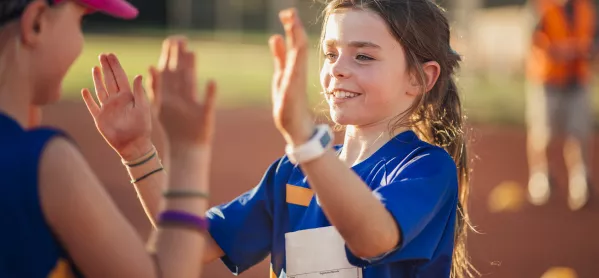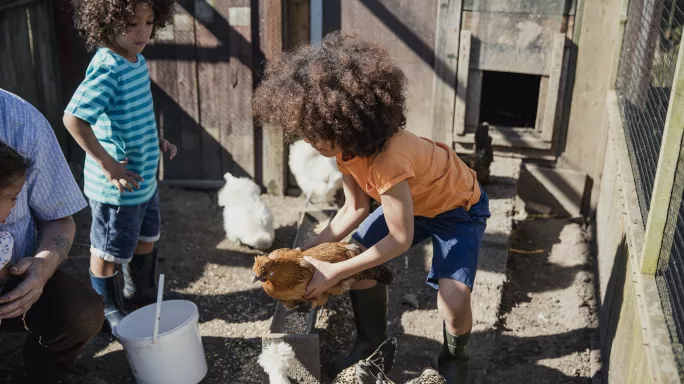I remember returning to school after the summer holidays one year and feeling blown away when my form tutor started talking about the new series that had been on.
He posed interesting questions about the impact it could have and the class discussed them.
The show we were talking about was Big Brother.
Quick read: Why you should stop focusing on the literary canon and embrace what interests students
Quick listen: Why child-led learning ‘does not work’ and what you should do instead
Want to know more? Why the subject choices debate is more nuanced than it seems
It wasn’t the discussion that blew me away - although I’d love to have a transcript of our predictions now, knowing how the show turned out - but rather the fact that he was, against popular opinion, human.
I took this idea into my teacher training and made a point of trying to engage with the popular culture that my pupils might be interested in. I made efforts to use it in my teaching wherever possible.
Most teachers find these areas of engagement naturally, and in doing so, are able to add them to their behaviour management and class interaction strategies.
I had a group of girls, for example, who had told me in no uncertain terms that they couldn’t give a stuff about what a SUM function in Excel was.
But their engagement levels suddenly shot up when their spreadsheet task was to complete the monthly expenditure for Amy Childs’ beauty salon.
But are the days gone that teachers could watch the omnibus of Hollyoaks and feel that we had some indication of what was relevant in our pupils’ lives?
Times are certainly changing, especially when it comes to media consumption. Some 71 per cent of Generation Z have a Netflix subscription, while only 45 per cent watch TV.
In every hour of digital time, members of Generation Z spend an average of 25 minutes watching videos and 54 per cent of that video time per day is spent on social apps (31 per cent on YouTube and 26 per cent on apps such as Snapchat and Instagram).
A new landscape
So what are they watching? And what does it have to do with your teaching and behaviour?
Take the recent feud between YouTube beauty vloggers James Charles and Tati Westbrook. The pair have posted countless attacks, defences and justifications on their channels, causing each others’ follower tallies to fluctuate wildly.
It’s a pop culture moment that can prompt debate and countless teaching moments. For example:
Maths: What was the percentage of viewers were lost by James and gained by Tati? Could you plot a graph over the days and describe the trend?
English: What type of emotive language was used in their videos? Who had the most persuasive content?
Media and ICT: What where your thoughts on the editing and lighting of the videos?
Business studies: How did these outbursts affect their bank balances? Are they good or bad examples of entrepreneurs?
And for PSHE, the opportunities are especially rich. Could Tati’s initial video be viewed as bullying? Are these YouTubers demonstrating social skills that are impacting how pupils behave?
Is the drama of not taking a second to think and putting it all out there on forums such as Snapchat and Instagram making it more acceptable for there to be drama that spills into the classroom and take away valuable learning?
Are disappearing stories making pupils less accountable? Or is the ability to screen record making the consequences more dire?
These questions are just as relevant to us teachers. Our students spend a huge amount of their lives with us, so it’s valuable to have insight into what they are watching and the impact it could be having on their behaviour.
So the next time you have a chance, ask your students what they’re watching and take a dive (or at least little paddle) into their world. You won’t regret it.
Nikki Cunningham-Smith is an assistant headteacher in Gloucestershire





